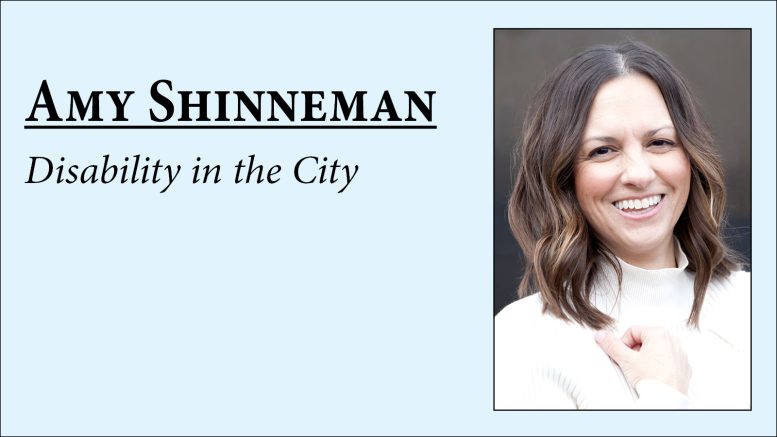If you have a disability or any other chronic medical diagnosis, the waiting rooms of doctor’s offices can start to feel like your second home. After 50 years, it is safe to say that I have seen my fair share of hospitals and doctor’s offices.
As you can imagine, I have encountered many types of personalities, opinions, good bedside manner, bad bedside manner, and horrific bedside manner. I learned what that term meant early on in life. To be honest, I could count on my hands the number of doctors who I would qualify as having good bedside manner over the last 50 years. My standards are not even that high. They include respect, ability to listen, not making assumptions because I am disabled, and just being a kind human being. Somehow, many miss the mark.
This is not to bash doctors. I have had many who have helped me in many ways, good bedside manner or not. Certainly, it is a huge plus when they embody that quality.
Awhile back, I had a doctor’s appointment to discuss my sleep. For as long as I can remember, I have been a horrible sleeper. The slightest noise wakes me up, that is if I even manage to fall asleep in the first place. It has always been put on the back burner because I had other more pressing medical concerns related to my disability most of the time.
The video visit started as many of my visits do with a new provider, usually with them having read bits and pieces of my lifelong medical history and most not familiar with Muscular Dystrophy. She asked me a few questions about my diagnosis, mostly related to my mobility. I told her that walking is hard, but most of the time I walk, and use my scooter or wheelchair for long distances. I told her that I have two children.
Throughout the visit there were little remarks made that were leading in a direction that I did not agree with. The part of the visit that was the most upsetting was when we were nearing the end of the visit and she said to me, “since you do not exercise and get outside due to your condition, that is likely affecting your sleep.” She had not asked me if I was able to exercise or leave my home. She was assuming because of my disability that I do not exercise or leave my home to get sunlight, and she suggested I buy a light for artificial sunlight.
I was speechless for a second, as she kept talking like she had not offended me in the most degrading way possible. As an avid exerciser and someone who goes outside daily, I took great offense.
It is times like these that I question if all the work I do to try and raise awareness surrounding disabilities and doing my part to show how the assumptions about disabled people are very often inaccurate, is all for nothing.
After recovering from that blow, I politely set her straight. I told her that I do in fact exercise several times a week, eat well, and get outdoors daily. Her response was … surprised. A few years ago, I would have ended the visit not speaking up for myself, but not anymore. I am not obligated to continue with a doctor who has such a poor image of a disabled human being. These types of experiences happen to disabled people regularly.
These assumptions deeply affect me. If you have not ever felt socially oppressed or encountered ableism, then maybe you do not understand. It is real, damaging, scarring, traumatizing, and dehumanizing.
In closing, I would like to share a quote from the late Judith Heumann, also known as the “Mother of the Disability Rights Movement.” The disabled community suffered a great loss when she passed away last year at the age of 75. I had hoped to meet her one day. If you do not know who she is, I would encourage you to explore the life and legacy of this amazing, disabled human being. Because of her humble courage, she empowered many following in her footsteps to try and make the world a more inclusive place for all.
“Why do we see disability differently from any other aspect of being human?” Judith Heumann
Until next time …
Amy Shinneman is a former National Ambassador for the Muscular Dystrophy Association, disability blogger, wife, and mom of two boys. You can find her blog at humblycourageous.com and reach her on Instagram @ashinneman.


Once again, Amy’s column inspires me.